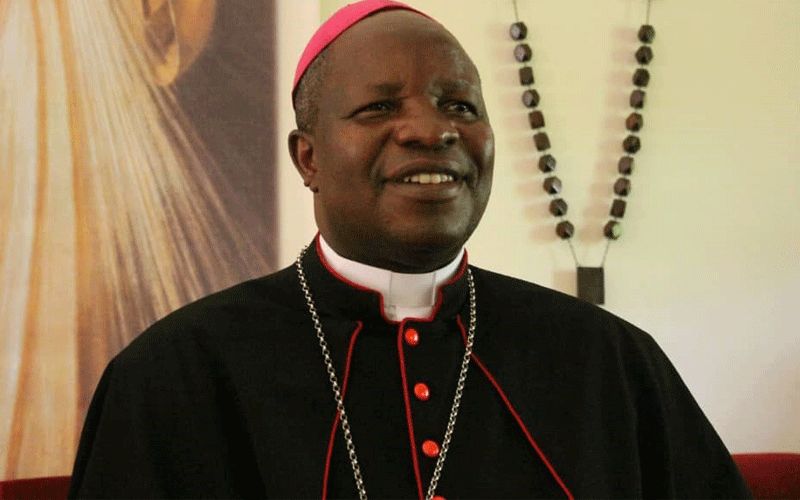Kampala, 27 January, 2020 / 1:17 am (ACI Africa).
The directive by President Yoweri Museveni of Uganda that his country’s security agencies enforce the ban on the use of polythene bags into the second year, a Bishop in the East African country has banned the use of plastic bags, popularly known as “kaveera” in wrapping Church offertories, advocating for the use of decomposable materials that are friendly to the environment.
Bishop Serverus Jjumba who was appointed the Local Ordinary of Uganda’s Masaka Diocese last April explained the directive in an interview with ACI Africa correspondent in Uganda, recalling the many gifts he received after his Episcopal ordination which he said were wrapped in materials that harm the environment.
“I noted during my inauguration that the people of Masaka Diocese gave me a lot of gifts but the problem is, the gifts were wrapped in dangerous plastic bags,” Bishop Jjumba said in the January 21 interview.
Urging all Christians in the diocese to comply with the new directive, Bishop Jjumba said it was his episcopal right “to evangelize to people who are mindful of their health and aware of the measures to be taken to preserve the environment.”
The Ugandan Bishop said that the sensitivity of the environment is everyone’s responsibility and that “man is the most important element of the environment whose involvement in the environmental conservation both in mind and body is important.”








